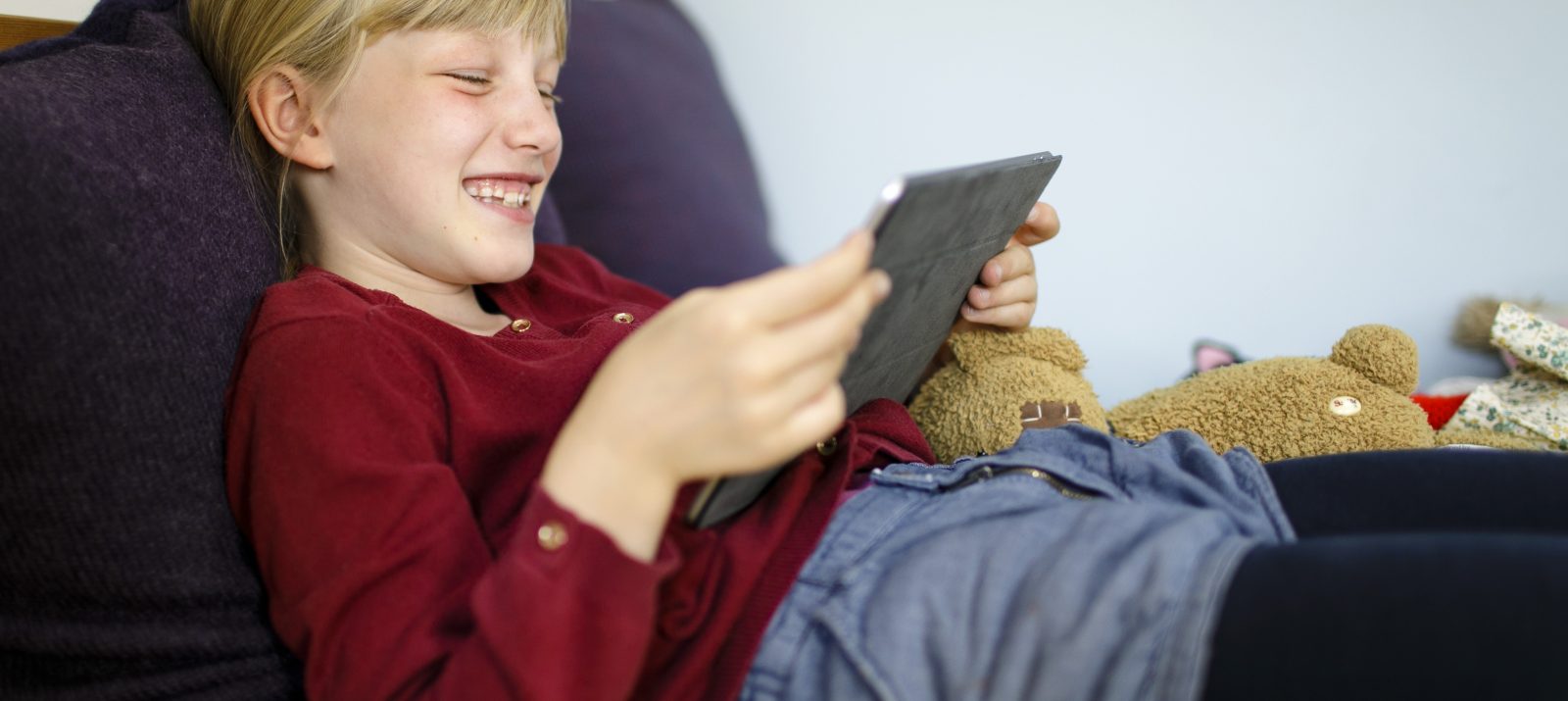
Remember how you used to suffer along with the main character of your favorite show when she experienced something terrible? Is it that the news anchor greets you at the same time every night and you greet back inside? In the case of your child, it may be the influencer who is visited on the smartphone shortly before bedtime to say “Good night! These are all examples of so-called “parasocial relationships” that each of us enters into.
Typical of this type of relationship is that they are always one-sided and the relationship remains imaginary. So it’s not like a parent-child relationship where both sides are active and you can give each other a hug. An emotional bond, such as with the series character or the favorite news anchor, is still there. In the past, this was mainly known from television, but today the Internet plays a major role – especially among children and young people.
Influencers often let their audience actively participate in their lives – via videos, Instagram stories or live chats, teenagers can be very close to their idol. Private information is also posted. For example, Bibi let her followers share the birth of her child. This apparent closeness often creates a sense of friendship on the part of their followers.
For adolescents in particular, such parasocial relationships are also helpful: especially during puberty, they can serve as role models in cases of insecurity. They can help to find and consolidate one’s own identity. And they can provide guidance, even on serious topics like first love that their children may be reluctant to discuss with their own parents.
However, care should be taken to ensure that children and young people do not take refuge in this media world and its characters and stop building “real” social relationships, because interaction with “real” people – family members and peers – is important for development.
A parasocial relationship is something totally normal. It is important that your child understands that these relationships are not a substitute for friendships. In addition, a critical look at your favorite social media stars should never be missing. This is where you as a parent come in – show interest in your children’s role models, and discuss the positives and negatives of these relationships. And if you find it hard to relate to your child’s parasocial relationship with an Internet star – remember your own youth and your own idols. How did you feel at that time?